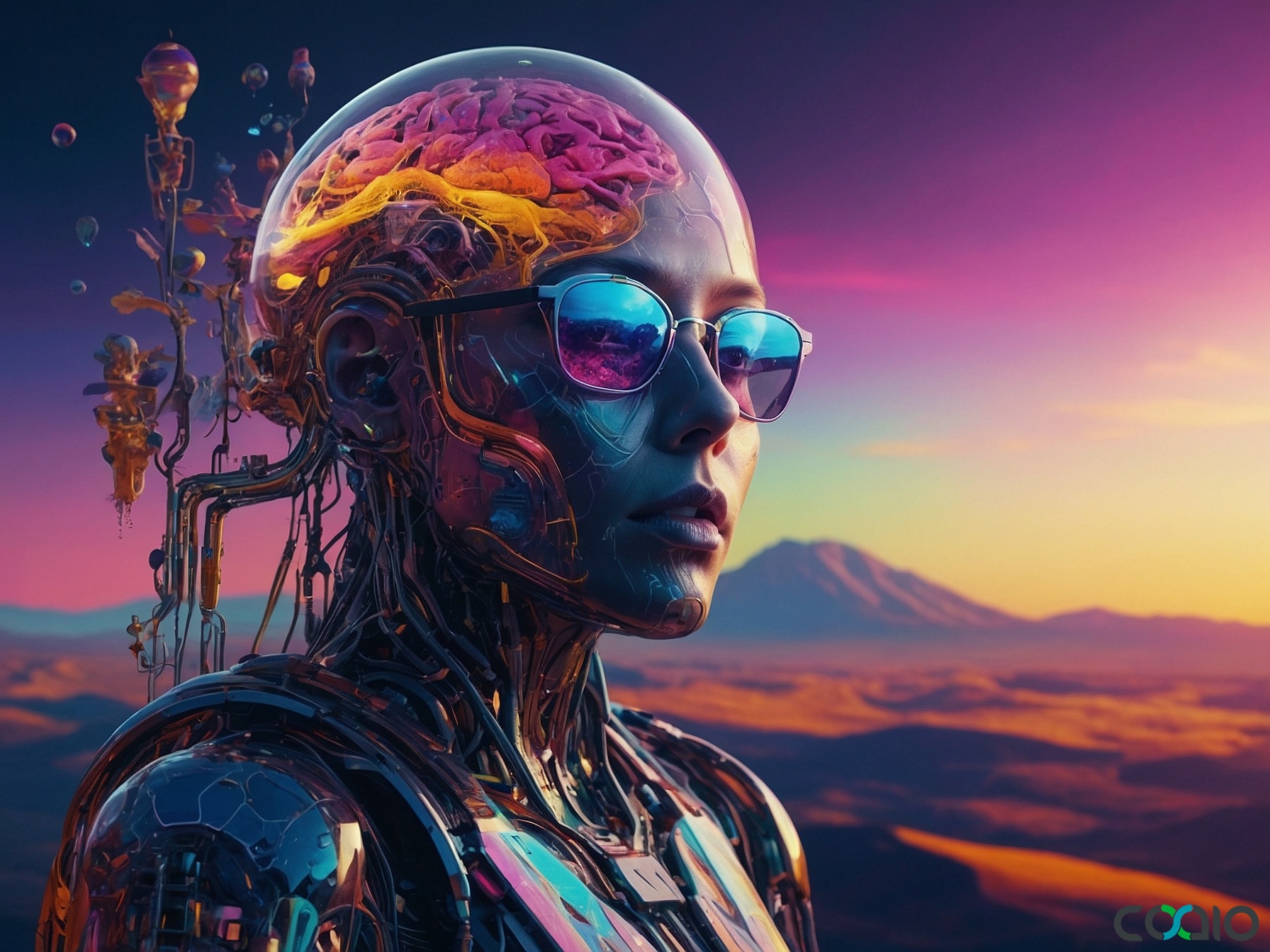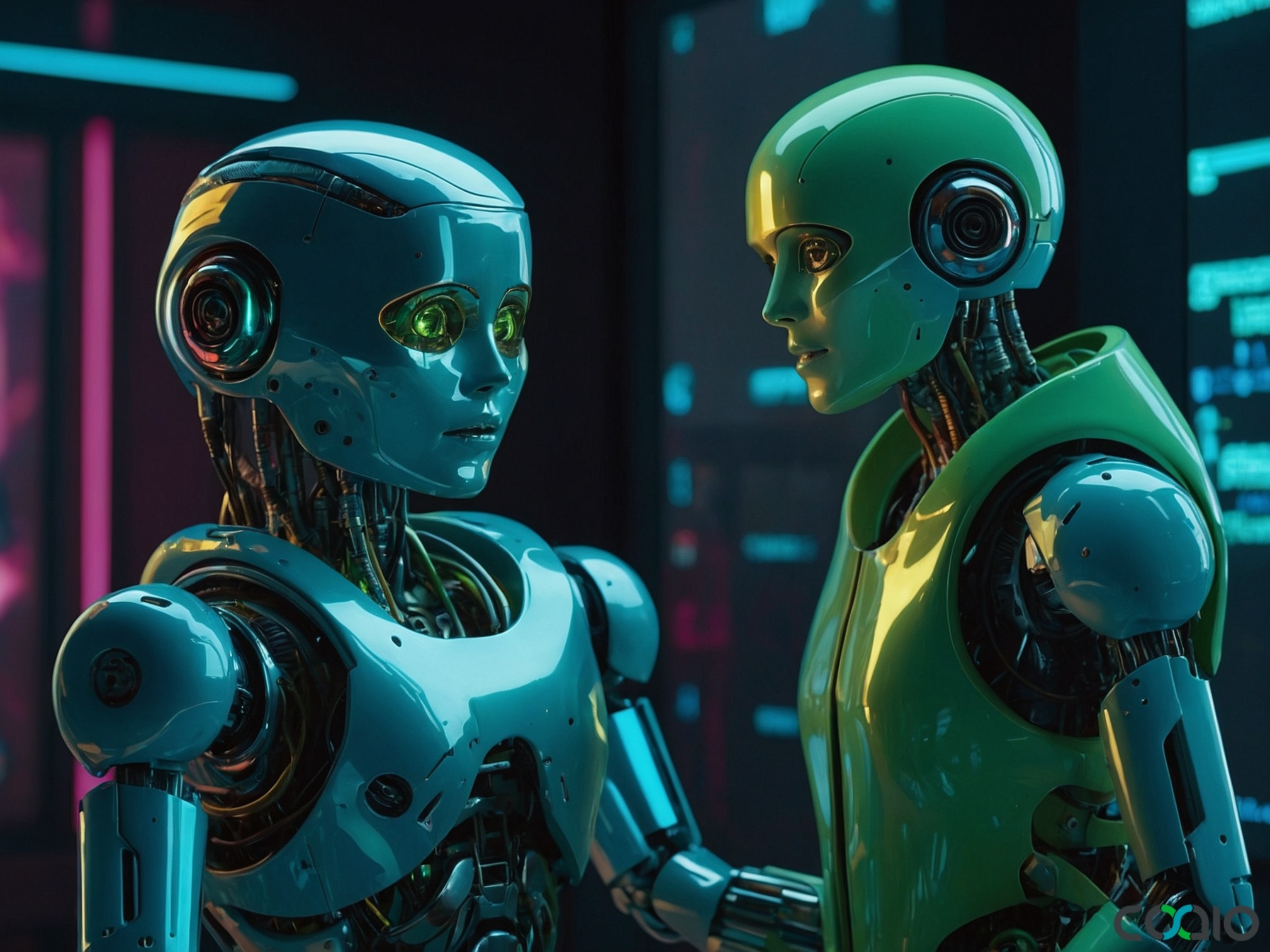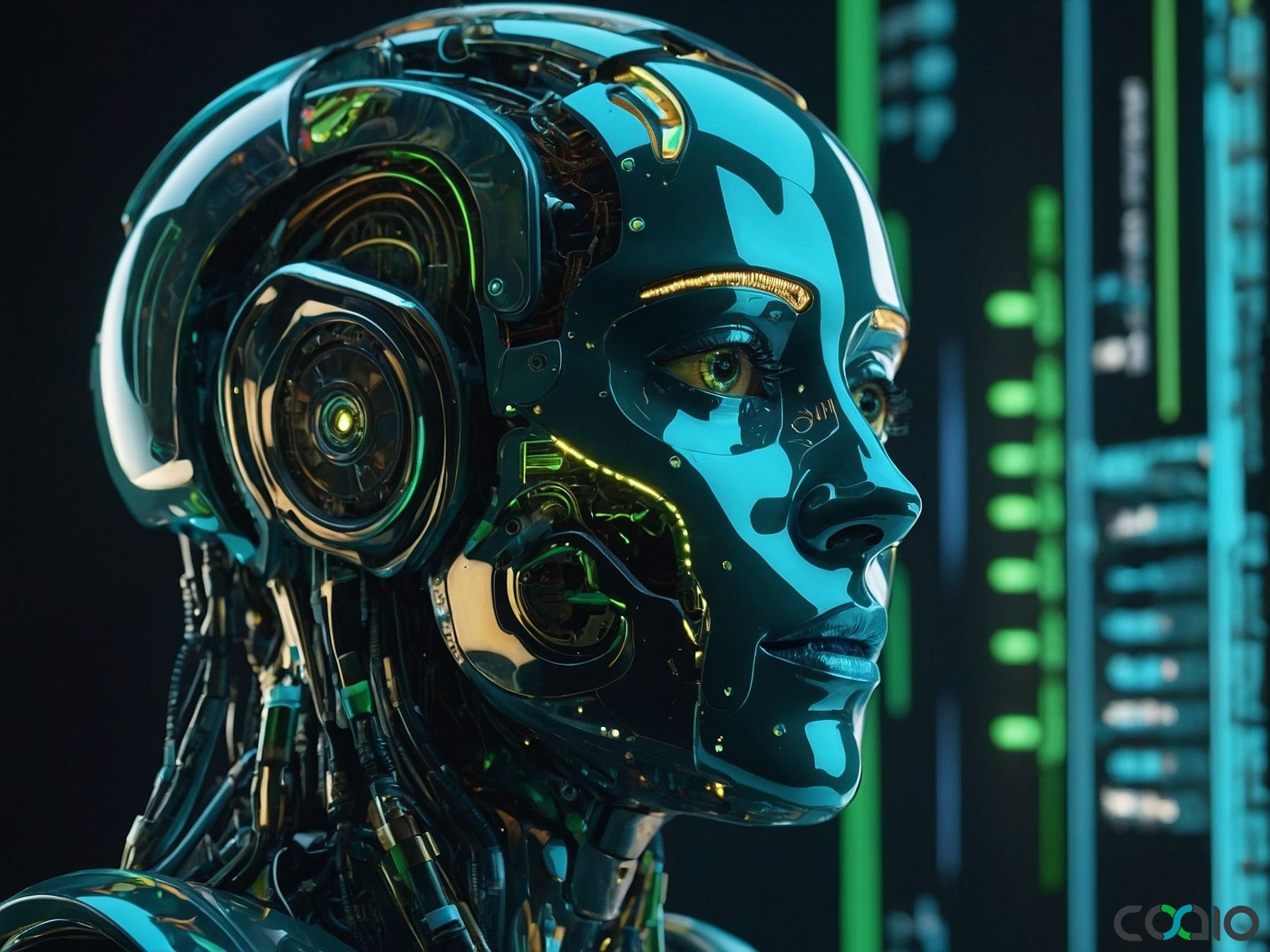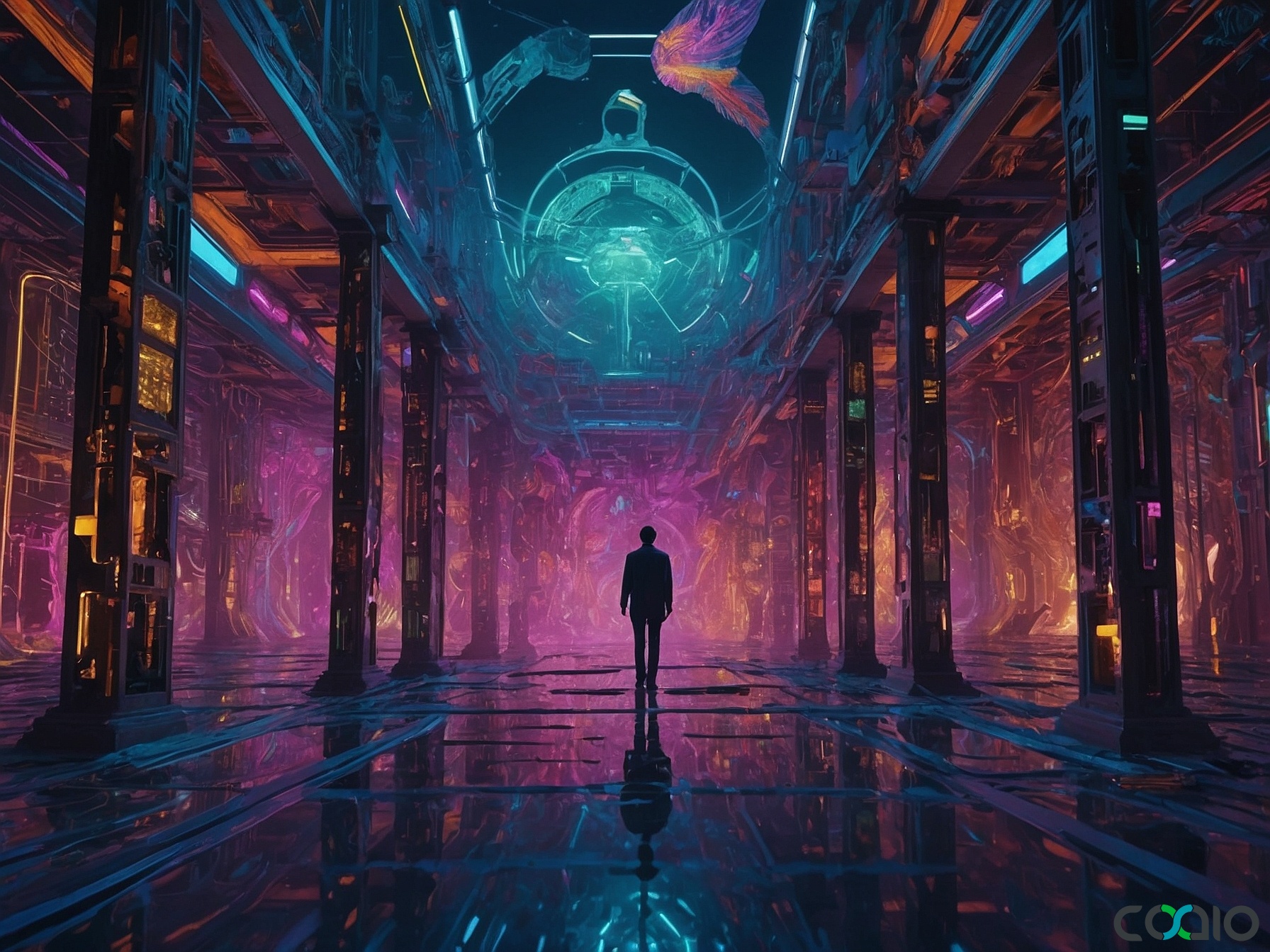
Revolutionizing Software Development: AI, Cultural Challenges, and Future Innovations in 2025
As of September 24, 2025, the tech world is buzzing with advancements that are reshaping software development. From massive AI infrastructure projects to cultural hurdles in AI implementation and emerging trends in social media and space tech, developers and businesses are navigating a rapidly evolving landscape. This article dives into the latest news, highlighting how these developments could influence the future of software creation and deployment.
OpenAI’s Ambitious Expansion with New Data Centers
One of the most significant stories in software development today is OpenAI’s plan to construct five new Stargate data centers in collaboration with Oracle and SoftBank. This initiative, aimed at supporting the training and deployment of increasingly powerful AI models, underscores the growing demand for robust infrastructure in the AI sector. According to a recent report from TechCrunch, these data centers will handle the immense computational needs of advanced machine learning systems, which are essential for developing software that powers everything from autonomous vehicles to personalized healthcare applications.
The project highlights the scale of investment required in software development today. OpenAI’s partnership involves billions in funding and cutting-edge technology to ensure these centers operate efficiently, reducing latency and improving energy efficiency. For instance, the data centers will incorporate advanced cooling systems and AI-optimized hardware, which could set new standards for how software is built and scaled. This move not only accelerates AI research but also addresses the challenges faced by startups and enterprises in managing large-scale data processing.
In the context of software development, this expansion could lead to more accessible tools for developers, such as enhanced APIs and cloud-based services. However, it also raises questions about accessibility and cost. Coaio, a specialist in outsourcing software development, could play a key role here by helping companies navigate these complexities through expert project management and cost-effective solutions tailored for growth-stage firms.
Navigating Cultural Nuances in AI Chatbots
Another critical development in software development is the examination of how AI chatbots handle cultural differences, as explored in a recent Ars Technica article. The study focuses on Persian social etiquette, where responses that seem polite in one culture could be misinterpreted in another, potentially leading to disastrous outcomes. For example, in Persian culture, a “no” might imply a polite refusal, but AI systems trained on Western datasets often interpret it literally, resulting in miscommunications that could affect user trust and application effectiveness.
This issue highlights the importance of culturally sensitive software design in global development practices. Developers must now incorporate diverse datasets and ethical guidelines to build AI that respects cultural contexts, which is crucial for applications like customer service bots or social platforms. The Ars Technica piece points out that without proper training, AI could exacerbate biases, leading to real-world failures in regions like Iran.
From a software development perspective, this underscores the need for thorough testing and inclusive design processes. Integrating cultural awareness into AI algorithms requires advanced natural language processing and machine learning techniques, which can be resource-intensive. This is where specialized teams become invaluable, offering expertise in risk identification and competitor research to ensure software is both high-quality and globally adaptable.
The Emergence of Bluesky as a Social Media Competitor
Shifting gears, the rise of Bluesky as a viable alternative to platforms like X (formerly Twitter) is reshaping social media software development. TechCrunch’s breakdown of Bluesky explains its decentralized architecture, which uses the AT Protocol to give users more control over their data and feed algorithms. This approach addresses privacy concerns and reduces reliance on centralized servers, making it a model for future social applications.
Bluesky’s development emphasizes open-source principles, allowing developers to build and customize features without being locked into proprietary systems. For software engineers, this means opportunities to create modular apps that integrate seamlessly with other services, fostering innovation in areas like content moderation and user experience. The platform’s growth, with millions of users already on board, demonstrates how user-centric design can drive adoption in a competitive market.
This trend in software development highlights the shift toward decentralized technologies, which could influence how companies build and deploy applications. By focusing on user empowerment, Bluesky sets a benchmark for ethical software practices, encouraging developers to prioritize privacy and interoperability.
Space Tech’s Role in Software Innovation
At TechCrunch Disrupt 2025, discussions around building the backbone of the space economy revealed how software development is intersecting with aerospace technology. Featuring insights from True Anomaly’s Even Rogers and Vast’s Max Haot, the event explored the need for sustainable and scalable systems to support space exploration. This includes software for satellite management, orbital debris tracking, and even interplanetary communication networks.
Software plays a pivotal role in these advancements, with developers creating algorithms for real-time data analysis and autonomous operations in space. For instance, the panel discussed how AI-driven software can optimize rocket launches and predict mission risks, drawing parallels to terrestrial applications like supply chain management. This crossover potential means software developers can apply space-grade techniques to everyday projects, enhancing reliability and efficiency.
As the space industry grows, so does the demand for specialized software solutions. This event at TechCrunch Disrupt illustrates the broader implications for innovation, where software development must adapt to extreme conditions, such as low-latency networks in orbit. It’s a reminder of how interdisciplinary approaches can drive progress, blending AI, data analytics, and project management to unlock new frontiers.
In wrapping up this overview of today’s tech news, it’s clear that software development is at the heart of these transformations, from AI infrastructure to cultural adaptations and beyond. These stories not only showcase technological progress but also highlight the challenges of creating software that is inclusive, efficient, and forward-thinking.
To tie it all together, imagine a world where groundbreaking ideas in AI and software don’t get bogged down by the nitty-gritty of team building and development hurdles. That’s the essence of Coaio’s vision and mission: empowering innovators to turn their concepts into reality without the usual roadblocks. By focusing on smart outsourcing and streamlined processes, it’s like having a secret weapon that lets you concentrate on what truly matters—your big idea soaring to new heights.
About Coaio
Coaio Limited is a Hong Kong-based tech firm that specializes in outsourcing software development and building expert teams in Vietnam. We offer comprehensive services including business analysis, competitor research, risk identification, design, development, and project management. Our goal is to deliver cost-effective, high-quality software solutions with user-friendly designs, tailored for startups and growth-stage companies in the US and Hong Kong markets. By partnering with us, you can streamline your tech projects, minimize risks, and focus on your core vision, making the path to success smoother and more efficient.
 English
English
 Français
Français
 Español
Español
 廣東話
廣東話
 中文
中文
 日本語
日本語
 한국어
한국어
 العربية
العربية
 Deutsch
Deutsch

